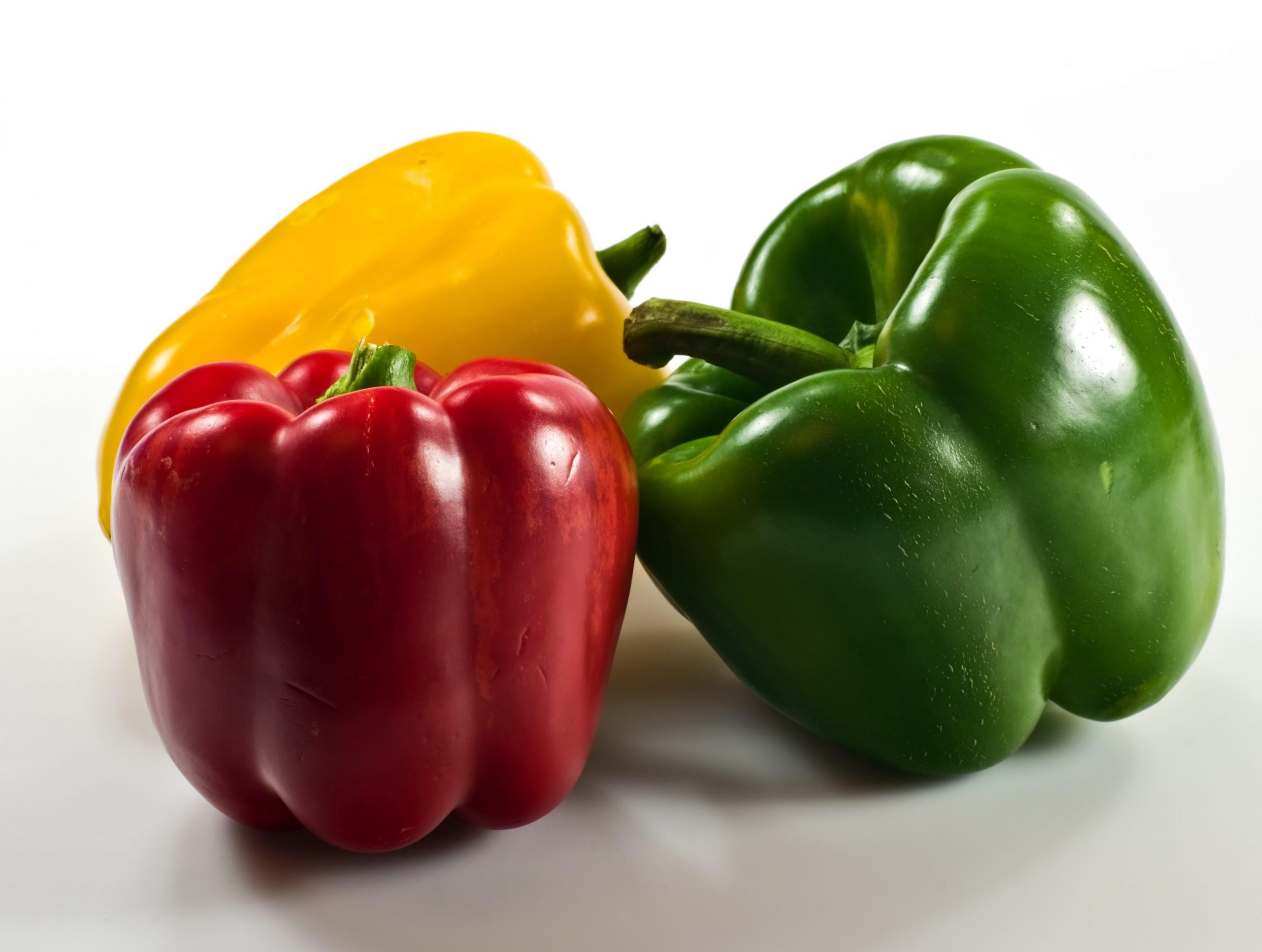Best Fertilizers for Peppers: Increase Growth and Taste Naturally
Best Fertilizers for Peppers: Increase Growth and Taste Naturally
Blog Article
Organic Vs. Synthetic Fertilizers: Which Is Best for Supporting Healthy Pepper Plants?
In the realm of nurturing healthy and balanced pepper plants, the selection in between synthetic and organic plant foods stands as a crucial decision with far-ranging ramifications. While both options goal to supply crucial nutrients to support plant development, the subtleties of their effect on the soil, plant health, and the atmosphere trigger a dispute that echoes throughout the gardening community. Comprehending the distinct benefits and prospective challenges of each plant food kind is vital for pepper farmers looking for to optimize their returns while preserving a sustainable and eco-conscious technique.
Benefits of Organic Plant Foods
Organic plant foods offer a lasting and environmentally-friendly technique to beneficial pepper plants, giving necessary nutrients without making use of synthetic chemicals. These all-natural plant foods are originated from natural resources such as compost, manure, bone dish, and seaweed, advertising dirt wellness and biodiversity. Unlike synthetic fertilizers, natural options release nutrients gradually, guaranteeing a constant and balanced supply for pepper plants to grow.
One significant benefit of natural plant foods is their ability to enhance soil framework and water retention. By improving dirt wellness, organic fertilizers advertise beneficial microbial activity, which helps in nutrient uptake by pepper plants. In addition, natural fertilizers lower the threat of chemical run-off, protecting water resources from air pollution and guarding the environment.
Furthermore, natural plant foods add to lasting dirt fertility by advertising the development of useful soil microorganisms. These microorganisms assist damage down natural issue, releasing nutrients in a kind that is conveniently available to pepper plants. best fertilizers for peppers. By fostering a healthy dirt ecological community, natural plant foods sustain sustainable pepper growing techniques that benefit both plants and the atmosphere
Downsides of Artificial Fertilizers
Artificial plant foods, unlike their natural equivalents, posture different negative aspects when used to nourish pepper plants, impacting both plant health and wellness and environmental sustainability. One major drawback of artificial plant foods is their tendency to leach nutrients from the soil quickly. This quick leaching can lead to vitamins and mineral inequalities in the soil, causing plants to endure from toxicities or deficiencies. Additionally, synthetic fertilizers can damage beneficial soil microorganisms, such as earthworms and useful microorganisms, disrupting the dirt environment's equilibrium.
Furthermore, the overuse of synthetic plant foods can add to water air pollution. Excess fertilizers not taken in by plants can wash away into water bodies, leading to eutrophication, where algae blooms diminish oxygen levels in the water, harming water life. Synthetic fertilizers are commonly acquired from non-renewable sources, such as fossil fuels, adding to carbon exhausts and environmental destruction during their production.
Nutrient Absorption Contrast
When contrasting organic and artificial plant foods in terms of nutrient absorption, organic fertilizers have the benefit of providing an extra balanced and slow-release source of nutrients. Organic plant foods have a variety of macro and micronutrients that are not just useful for the plants but likewise advertise healthy dirt microbial activity, which assists in nutrient uptake.
Moreover, natural fertilizers enhance dirt framework and water retention capacity, permitting pepper plants to gain access you could try this out to nutrients more effectively. This enhanced dirt quality helps with root growth, making it possible for much better nutrient absorption. Artificial plant foods, although originally boosting plant development because of their high nutrient focus, may hinder long-term nutrient absorption by degrading soil health and wellness over time.
Ecological Effect Factors To Consider

On the other hand, artificial plant foods, although frequently even more instantly available and focused to plants, can have detrimental impacts on the setting otherwise applied appropriately (best fertilizers for peppers). Their production calls for high energy inputs, resulting in greenhouse gas exhausts and adding to environment adjustment. Furthermore, the overflow of excess synthetic fertilizers can contaminate water resources, leading to eutrophication and damaging marine ecological communities.
Ideal Plant Food Practices for Peppers
When fertilizing pepper plants, optimizing nutrient uptake and minimizing environmental influence are essential considerations. To achieve this, it is vital to follow best fertilizer techniques tailored to the specific demands of pepper plants. One vital method is to perform a soil examination prior to using any type of plant foods. This examination can establish the pH degree of the soil and determine any nutrient shortages, leading you in selecting the most appropriate plant food solution.
Another important method is to feed pepper plants at the right time. Typically, peppers take advantage of getting plant food at planting and afterwards once again when they begin to flower. Over-fertilizing can lead to nutrition imbalances and hurt the plants, so it is essential to follow suggested application prices.
Additionally, picking a balanced plant food you can check here with an NPK proportion that matches pepper plants' requirements is fundamental. Inevitably, incorporating synthetic and natural fertilizers sensibly can assist support healthy and balanced pepper plants while lessening ecological impact.
Conclusion

Organic plant foods supply an environmentally-friendly and lasting strategy to beneficial pepper plants, giving crucial nutrients without the usage of synthetic chemicals. Unlike synthetic fertilizers, natural choices launch nutrients gradually, guaranteeing a consistent and balanced supply for pepper plants to flourish.
Artificial plant foods, in contrast to their natural counterparts, pose numerous negative aspects when utilized to nurture pepper plants, impacting both plant health and ecological sustainability. When comparing organic and synthetic fertilizers in terms of nutrient absorption, natural fertilizers have the advantage of providing a much more balanced and slow-release source of nutrients.Additionally, organic plant foods improve soil framework look at more info and water retention capability, permitting pepper plants to access nutrients more effectively.
Report this page